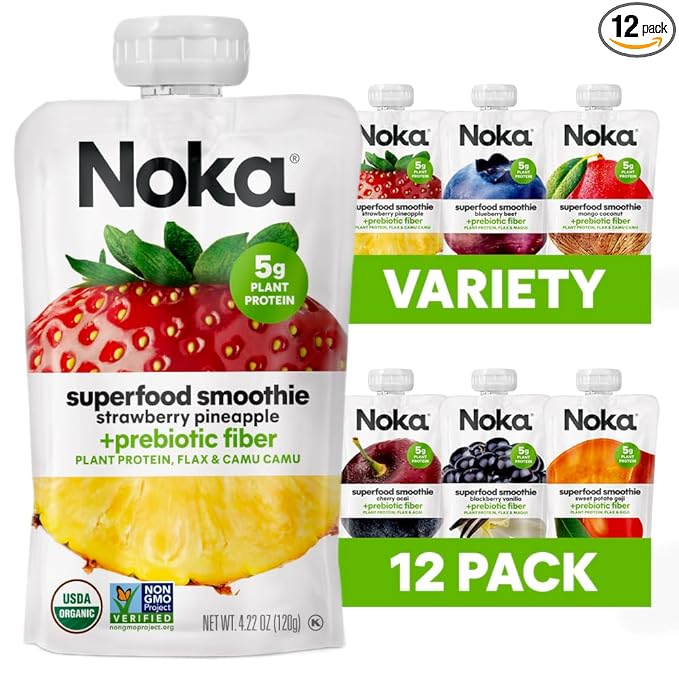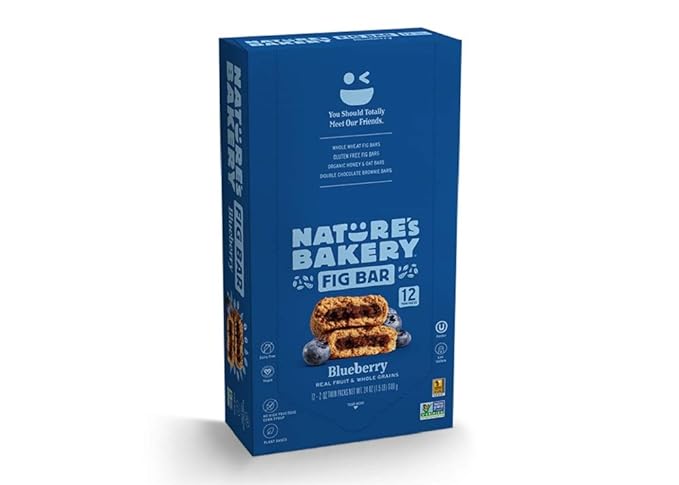Introduction
Definition of oatmeal: Oatmeal is a type of porridge made by cooking oats, typically rolled oats, in water or milk. It is a staple food in many cultures and is often consumed as a breakfast food. A brief overview of the health benefits of oatmeal: Oatmeal is a nutritious food that is low in fat and calories yet high in fiber, vitamins, and minerals. It has been shown to lower cholesterol levels, reduce the risk of heart disease, aid in weight management, improve digestion, and improve blood sugar control. It is a versatile food that can be enjoyed in many different ways, making it easy to incorporate into one's diet.

Nutritional Value of Oatmeal
High in fiber: Oatmeal is a good source of dietary fiber, which is important for maintaining a healthy digestive system. It can help prevent constipation and promote regular bowel movements. Low in fat and calories: Oatmeal is a low-fat and low-calorie food, making it a healthy choice for those looking to manage their weight. Rich in vitamins and minerals: Oatmeal is a good source of important vitamins and minerals such as vitamin B, magnesium, and iron. Contains antioxidants: Oatmeal contains antioxidants, which are beneficial compounds that can help protect the body from damage caused by free radicals. These antioxidants can help reduce the risk of certain diseases and promote overall health.

Health Benefits of Oatmeal
Helps lower cholesterol levels: The high fiber content of oatmeal can help lower cholesterol levels by binding with the cholesterol in the gut and preventing it from being absorbed into the bloodstream. May reduce the risk of heart disease: The cholesterol-lowering effects of oatmeal, along with its other nutrients, may help to reduce the risk of heart disease. The antioxidants also play a role in maintaining heart health by reducing inflammation. Can aid in weight management: Oatmeal is low in calories and high in fiber, which can help promote feelings of fullness and reduce overall calorie intake, making it an effective tool for weight management. May improve digestion: Oatmeal is high in fiber which can help to promote regular bowel movements and ease constipation. It also contains beta-glucan which is a type of soluble fiber that can help to feed the friendly bacteria in the gut. Can improve blood sugar control: Oatmeal is high in fiber which can help to slow down the absorption of sugar into the bloodstream, helping to improve blood sugar control.

How to Incorporate Oatmeal into Your Diet
Different forms of oatmeal: Oatmeal is available in a variety of forms such as rolled oats, steel-cut oats, and instant oats. Rolled oats are the most commonly used form of oatmeal, and are usually the least expensive. Steel-cut oats are made by cutting whole oats into smaller pieces and have a chewier texture. Instant oats are rolled oats that have been pre-cooked and dried. Oatmeal recipes: Oatmeal can be enjoyed as a traditional porridge, but it can also be used in a variety of recipes such as oatmeal cookies, oatmeal smoothies, and oatmeal bars. It can also be used as a substitute for flour in baking recipes. Tips for adding oatmeal to your diet: Start by incorporating small amounts of oatmeal into your diet and gradually increase the amount over time. Experiment with different forms of oatmeal and try different recipes. Add toppings such as fruit, nuts, and honey to make your oatmeal more delicious and nutritious. Oatmeal can also be soaked overnight in milk or yogurt to make overnight oats, which can be a convenient option for busy mornings.

Conclusion
Recap of the health benefits of oatmeal: Oatmeal is a nutritious food that is low in fat and calories yet high in fiber, vitamins, and minerals. It has been shown to lower cholesterol levels, reduce the risk of heart disease, aid in weight management, improve digestion, and improve blood sugar control. Encouragement to include oatmeal in your diet: Incorporating oatmeal into your diet can be an easy and delicious way to improve your overall health. Its versatility and nutritional value make it a great choice for any meal of the day. Final thoughts on the nutritional powerhouse that is oatmeal: Oatmeal is a cost-effective and healthy food option that can easily fit into anyone's diet. Whether you eat it as a traditional porridge or in a baked good, it will provide your body with essential nutrients. It's a great choice for those looking to improve their health and manage their weight.
Oatmeal is a highly versatile ingredient that can be used in many different ways. It can be added to savory dishes to provide a crunchy texture and added nutrition.

In meatloaf, meatballs, or burgers, oatmeal can be used as a binder. This can make the meat more moist and flavorful, while also providing an added boost of fiber and nutrients. Simply add a quarter cup of oatmeal to the meat mixture for each pound of meat.
Another way to use oatmeal is to use it as breading for fish or chicken. Oatmeal can be ground and mixed with seasonings to create a healthy and delicious breading for fish or chicken.
Oatmeal can also be added to soups and stews to provide a thicker texture and added nutrition. Simply add a few tablespoons of oatmeal to the soup or stew while it's cooking, and let it simmer until it thickens.
In addition to these savory options, oatmeal can also be used in many sweet recipes like oatmeal cookies, oatmeal smoothies, and oatmeal bars. The possibilities are endless when it comes to using oatmeal as a versatile ingredient in your cooking and baking.






